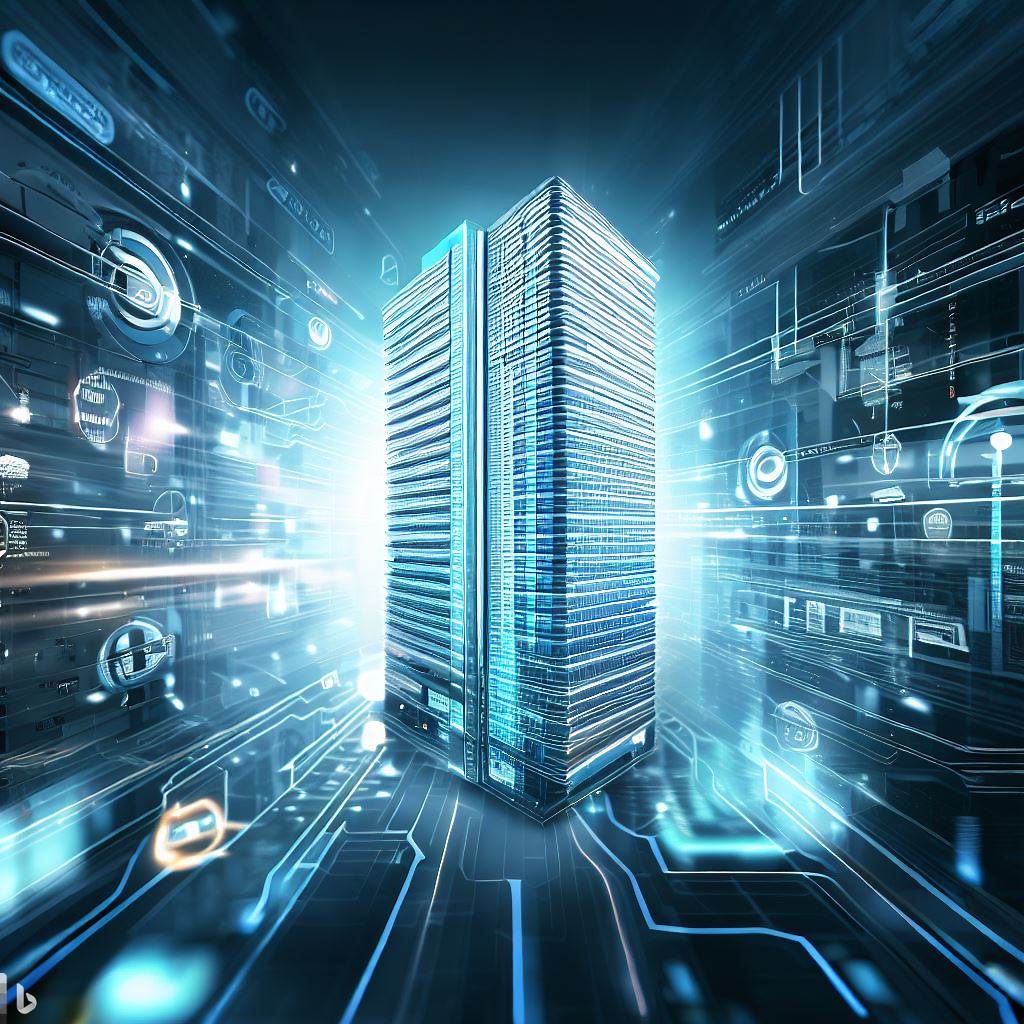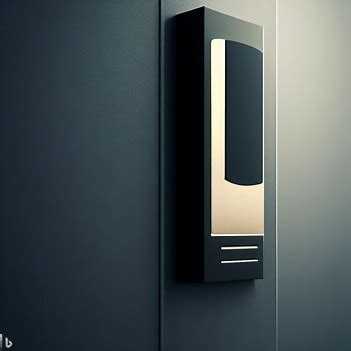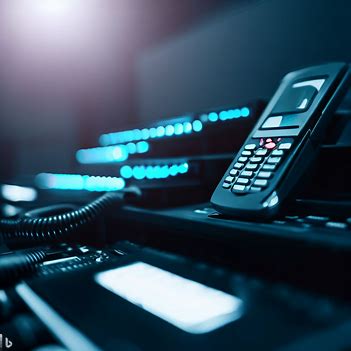Smart buildings are a new generation of advanced buildings that use the latest technologies to optimize energy consumption, reduce waste and increase overall efficiency. These buildings use interconnected systems of sensors, devices and software to automate and monitor various building functions such as lighting, heating, ventilation, air conditioning and security.

One of the key features of smart buildings is their ability to collect, analyze and act on data from various sources in real time. This data includes information about occupancy levels, temperature, humidity, air quality and energy consumption. By processing this data with artificial intelligence and machine learning algorithms, smart buildings can make informed decisions to improve their performance over time.
Smart buildings also offer remote management and maintenance capabilities that significantly reduce the need for on-site visits by technicians. Building managers can remotely monitor and control various building systems through a central dashboard, reducing operational costs and improving response time.
Smart buildings provide numerous benefits to residents. They offer better indoor air quality, improved comfort levels and more personalized experiences. For example, smart lighting systems can automatically adjust based on the amount of natural light entering a room or the presence of occupants, while smart thermostats can learn occupant preferences and adjust the temperature accordingly.
Smart buildings also have significant environmental benefits. They use renewable energy sources such as solar panels and wind turbines, which help reduce reliance on fossil fuels and minimize the building’s carbon footprint. In addition, smart buildings can help reduce waste by optimizing resource consumption and recycling materials.

As a result, smart buildings represent a significant advancement in the field of construction and offer countless benefits to both building owners and occupants. From increased energy efficiency to improved occupant experience, smart buildings are poised to revolutionize the way we think about building design and management.
An example of Irantechnic's smart services
IPTV
IPTV, or Internet Protocol Television, is a digital television broadcasting system that delivers television programs over the Internet instead of traditional terrestrial, satellite, or cable formats. With IPTV, you can watch live TV channels, stream video content on demand and even record programs to watch later.

FTTX
Fiber optics is an advanced technology for data transmission that uses light instead of copper wire to transmit information quickly and with high quality. FTTX is a term used to describe different types of fiber optic communication networks that bring high-speed Internet and other digital services directly to homes and businesses.

INTERCOM
Intercom systems have become an integral part of modern smart buildings and provide a safe and efficient means of communication between residents and visitors. In smart buildings, intercom systems are used to manage access control, monitor security, and facilitate communication between residents, building managers, and service providers.

VOICE SYSTEM

We are always there for you.





